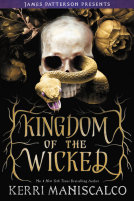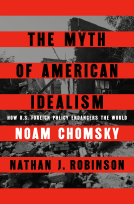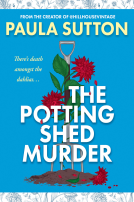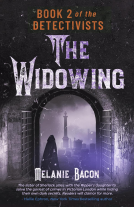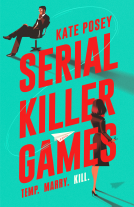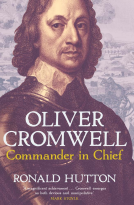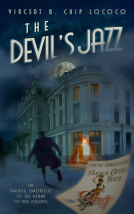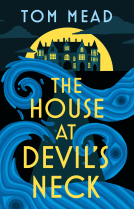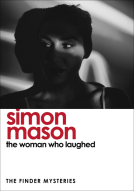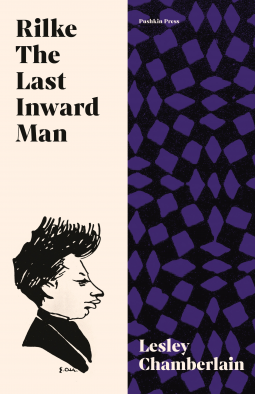
Rilke: The Last Inward Man
by Lesley Chamberlain
This title was previously available on NetGalley and is now archived.
Send NetGalley books directly to your Kindle or Kindle app
1
To read on a Kindle or Kindle app, please add kindle@netgalley.com as an approved email address to receive files in your Amazon account. Click here for step-by-step instructions.
2
Also find your Kindle email address within your Amazon account, and enter it here.
Pub Date Aug 30 2022 | Archive Date Jun 10 2022
Talking about this book? Use #RilkeTheLastInwardMan #NetGalley. More hashtag tips!
Description
When Rilke died in 1926, his reputation as a great poet seemed secure. But as the tide of the critical avant-garde turned, he was increasingly dismissed as apolitical, as too inward.
In Rilke: The Last Inward Man, acclaimed critic Lesley Chamberlain uses this charge as the starting point from which to explore the expansiveness of the inner world Rilke created in his poetry.
Weaving together searching insights on Rilke's life, work and reception, Chamberlain casts Rilke's inwardness as a profound response to a world that seemed ever more lacking in spirituality.
In works of dazzling imagination and rich imagery, Rilke sought to restore spirit to Western materialism, encouraging not narrow introversion but a heightened awareness of how to live with the world as it is, of how to retain a sense of transcendence within a world of collapsed spiritual certainty.
Available Editions
| EDITION | Other Format |
| ISBN | 9781782277248 |
| PRICE | $29.95 (USD) |
| PAGES | 320 |
Featured Reviews
 Reviewer 984059
Reviewer 984059
This is not a biography, not quite criticism but really exegesis and more accurately an appreciation of Rainer Maria Rilke.. The author loves this poet. He is an "angel", in the presence of whose work "you must change your life". She writes "Rilke—and I’m not the first to think this—was possibly given to us to help us withstand Wittgenstein." Possibly? Given to us by who? Presumably by God. Rilke is not explicitly called a god, yet God, "like Rilke, has difficulty breaking through to a shared reality." The worship of the poet keeps on in every page, and can tire the more cynical readers. More importantly, it gets in the way of interesting analysis, of which there is plenty.
Connecting and parallel lines are drawn between Rilke and Arnold Schoenberg, Freud, T. S. Eliot, W. H. Auden, Jean Paul Sartre and various painters. Darwin's name serves as a kind of antagonist throughout the book, with the feeling behind the poetry being presented as an antithesis if not a reaction to the meaning of evolution by means of natural selection. There's no technical analysis, but there are enough linguistic observations to keep the nerdier reader's interest.
The Last Inward Man is not a book for anyone new to Rilke, or for anyone looking to overcome an existing indifference to Rilke. Lovers of Rilke, this one's for you.
 Librarian 431790
Librarian 431790
Rilke is one of my favorite writer: a great poet and a writer of Die Aufzeichnungen des Malte Laurids Brigge, a book I loved so much I read it in German.
He's not political in a traditional way but he talks about human experience.
The author did an excellent job in talking about him and his contemporaries.
An excellent book.
Highly recommended.
Many thanks to the publisher and Netgalley for this ARC, all opinions are mine
 Mandy J, Reviewer
Mandy J, Reviewer
I was a bit out of my depth with this one as I clearly wasn’t the intended reader. I have read little of Rilke’s work and this passionately argued and in depth and insightful analysis of his poetry is obvious written for someone with far more knowledge than me. However, I did learn from it, gleaned at least some understanding, and although the author’s admiration for Rilke’s poetry sometimes made me feel I was reading a hagiography rather than a critical study, the book did provide me with many insights into both the work and inner life, and were I to read more of the poetry at some point this is definitely a book I would read again.
Readers who liked this book also liked:
Keith Martin; Konstantinos Mersinas; Guido Schmitz; Jassim Happa
Business, Leadership, Finance, Computers & Technology, Reference
Vincent B. "Chip" LoCoco
Historical Fiction, Horror, Mystery & Thrillers

